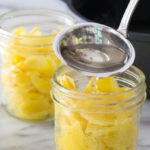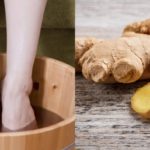Guava leaves are a popular herbal remedy in Vietnam, known for their delicious fruit and high nutritional value. But did you know that guava leaves offer a plethora of health benefits too? According to Medicaldaily, guava leaves are a rich source of tannic acid, vitamin C, and antioxidants, boasting antibacterial and anti-inflammatory properties. Moreover, drinking guava leaf tea offers a host of advantages for your health.
1. Guava Leaves and Your Health
Promotes Effective Weight Loss
Guava leaves contain quercetin, a type of flavonoid that helps reduce the formation of fat cells in the body. Drinking guava leaf tea may aid in reducing calorie and sugar absorption, thus promoting significant weight loss.
For further reading:
Beneficial for Cardiovascular Health
Guava leaves are a source of triterpenoid, β-sitosterol, volatile oils, and acidic compounds. These components can help increase blood vessel elasticity, reduce bad cholesterol, increase good cholesterol, and lower blood pressure, all of which contribute to a healthier cardiovascular system.
Prevents Diabetes
According to the Journal of Nutrition and Metabolism (2010), guava leaves are effective and safe in preventing diabetes. The compounds in the leaves lower blood sugar levels without increasing insulin production in the body. They also inhibit the absorption of sucrose and maltose, helping to regulate blood sugar levels.
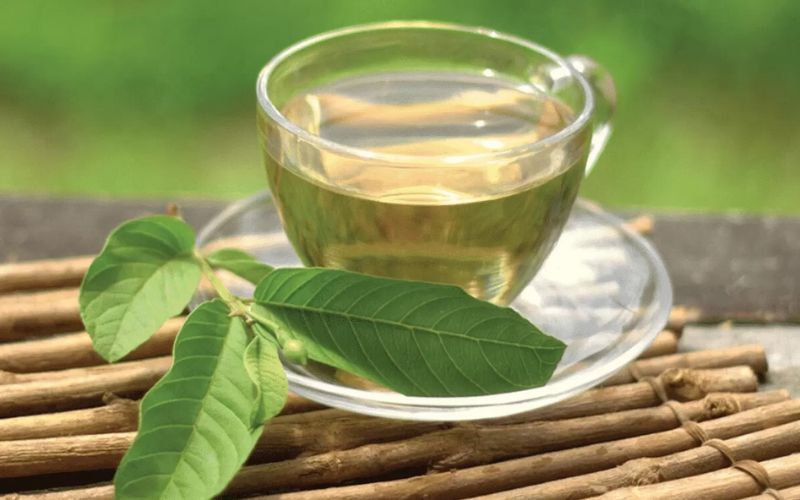 Guava Leaves and Their Health Benefits
Guava Leaves and Their Health Benefits
Cancer Prevention
A study published in the Journal of Food Chemistry (2011) found that compounds in guava leaves, such as lycopene, quercetin, and others, are powerful antioxidants that can inhibit tumor growth. Furthermore, they combat colon cancer, prostate cancer, oral cancer, and epithelial tumors, as well as malignant cells and leukemia. In particular, the estrogen-like compound in the leaves helps maintain hormonal balance and prevents cancer.
Improves Digestive System
Guava leaf tea stimulates the production of digestive enzymes and helps prevent food poisoning. The compound carpaine, found in guava leaves, is beneficial in treating stomach ailments.
Effective Treatment for Bad Breath
Compounds such as tannic acid, malic acid, and flavonoids in guava leaves are proven to combat oral bacteria and effectively treat bad breath. One popular and simple method is to use a guava leaf mouthwash. Boil a few young guava leaves, let them cool, and then mix with a little sea salt. Rinse your mouth with this solution 2-3 times a day after brushing your teeth in the morning and evening to remove plaque and eliminate bad breath.
For more information:
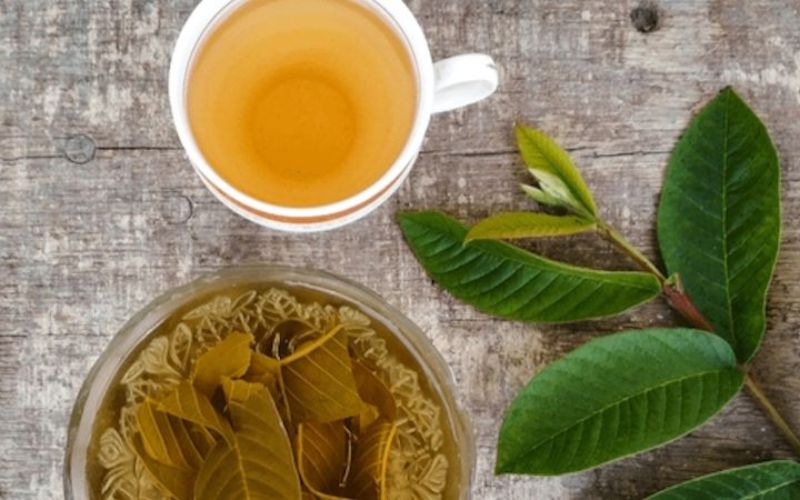 Effective Treatment for Bad Breath
Effective Treatment for Bad Breath
2. How to Make Guava Leaf Tea
- Fresh Guava Leaf Tea: Wash 5-10 fresh guava leaves and boil them in 500ml of water for about 10-12 minutes. Strain the leaves, and your tea is ready. You can add honey to taste.
- Dried Guava Leaf Tea: Use 2.5-5g of dried guava leaves per 250ml of hot water and steep for about 10 minutes.
- Powdered Dried Guava Leaf Tea: Grind dried guava leaves into a fine powder. Steep 1 teaspoon of the powder with 1 cup of hot water for 5 minutes, then strain.
Guava leaf tea has a fragrant, slightly bitter, and astringent taste. It is recommended to drink only 1-2 cups per day, preferably after meals.
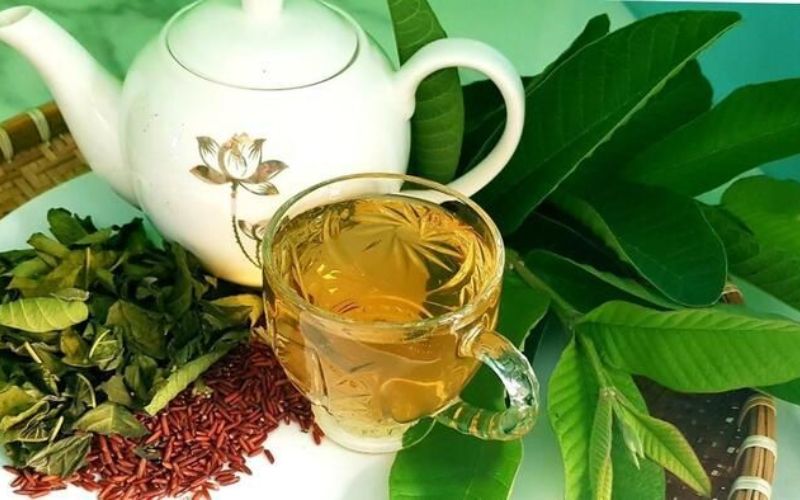 How to Make Guava Leaf Tea
How to Make Guava Leaf Tea
3. Precautions When Drinking Guava Leaf Tea
- The ideal time to drink guava leaf tea depends on your health and individual needs. It is best to consult a doctor before consuming it. Typically, guava leaf tea is consumed about an hour after meals.
- Drink it only 2-3 times a week, with no more than 200ml per serving.
- Some people should refrain from drinking guava leaf tea or exercise caution, including those with skin conditions, eczema, individuals taking prescription medications, pregnant women, and nursing mothers.
- Guava leaf tea may cause a drop in blood pressure, so consume it with caution.
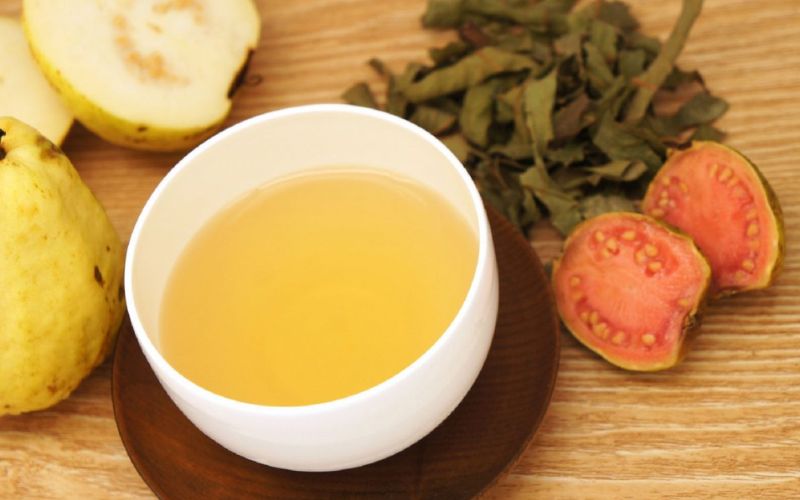 Precautions When Drinking Guava Leaf Tea
Precautions When Drinking Guava Leaf Tea
Aren’t the benefits of guava leaves surprising? We hope this information helps you understand the advantages and usage of guava leaf tea better!
Sources: Sức khỏe và Đời sống, Pharmacity

























